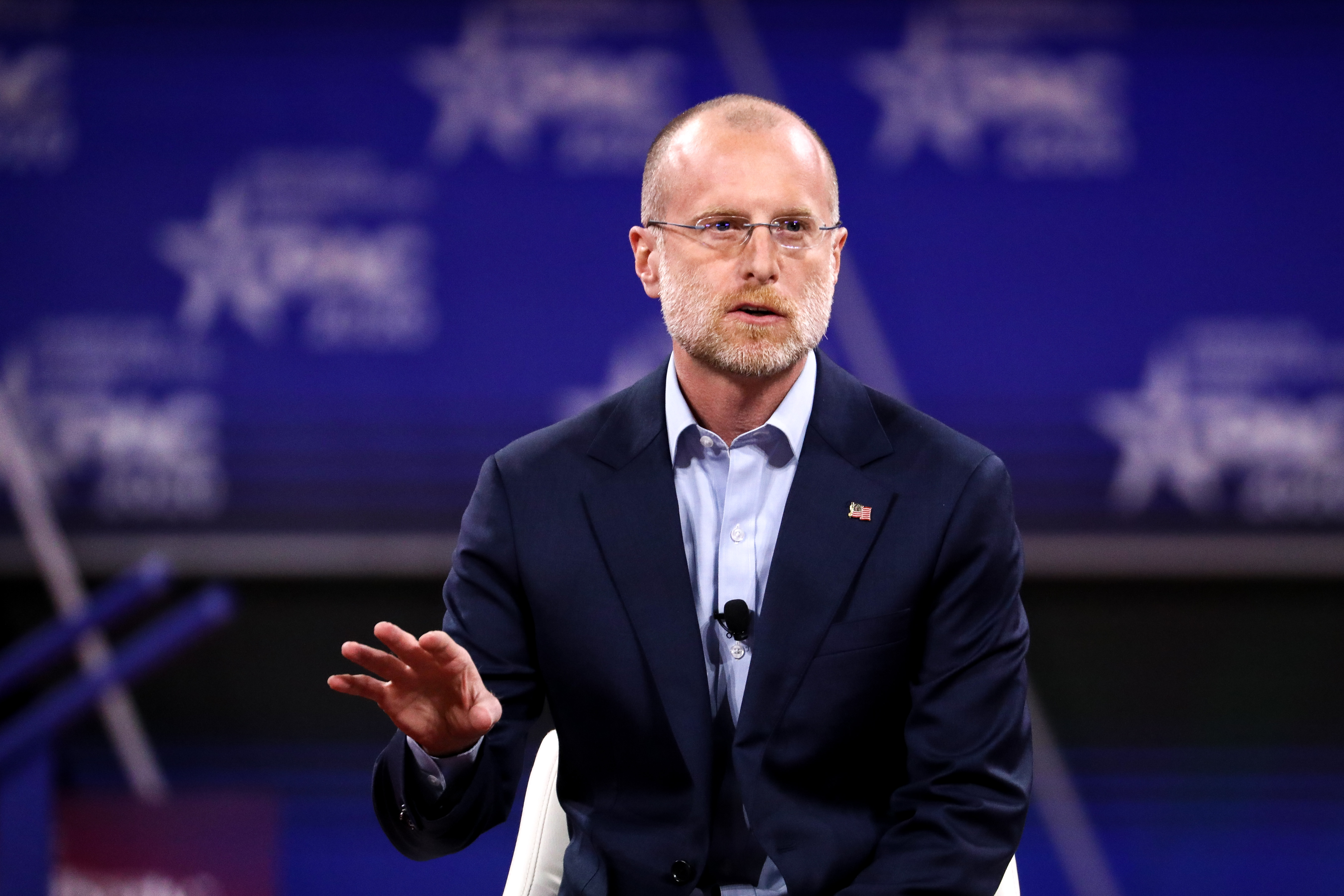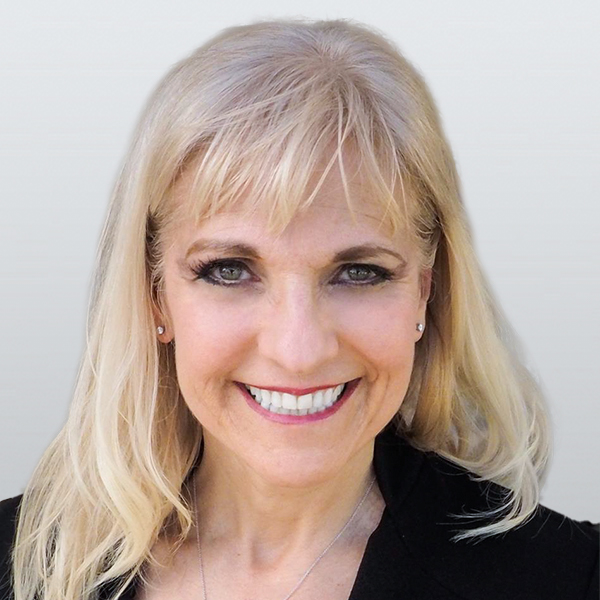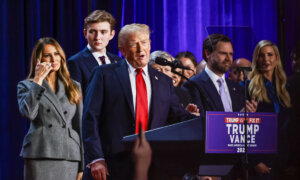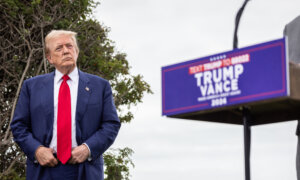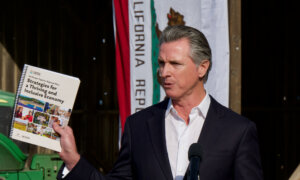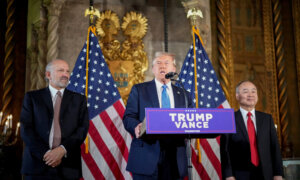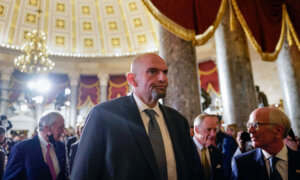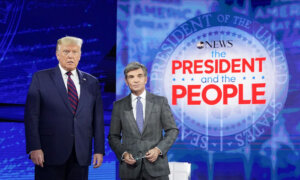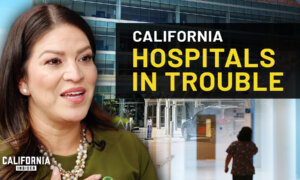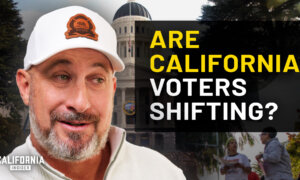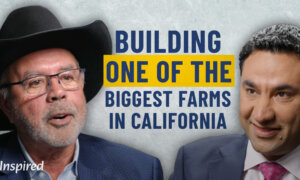Brendan Carr has revealed a few steps he intends to take as President-elect Donald Trump’s choice to head the Federal Communications Commission (FCC)—the agency charged with overseeing broadcasters and other public communication services.
Just hours after Trump announced on Nov. 17 that he had selected Carr for the FCC chairmanship—a presidential appointment that doesn’t require Senate confirmation—Carr made three stances clear: He will halt the agency’s diversity, equity, and inclusion (DEI) initiatives; he will refocus the FCC on its mission to ensure that radio and TV outlets are operating “in the public interest,” as the law requires; and he asserted, “We must dismantle the censorship cartel and restore free speech rights to everyday Americans.”
On Nov. 13, four days before Trump’s announcement, Carr had used the term “censorship cartel” to refer to Big Tech and social media platforms that he says were working with “advertising, marketing, and so-called ‘fact-checking’ organizations as well as the Biden-Harris Administration itself” to censor Americans.
Carr’s positions on those issues echo statements that Trump repeatedly made during his presidential campaign.
Carr’s disdain for DEI also mirrors a trend among U.S. corporations. In the wake of consumer backlash, many are dialing back or discontinuing emphasis on hiring “diverse” workforces or promoting “awareness” events for racial, ethnic, or cultural subgroups.
Carr, who has served as an FCC commissioner since Trump’s first term began in 2017, disclosed his pair of policy positions on social media,
He wrote on X: “The FCC’s most recent budget request said that promoting DEI was the agency’s second-highest strategic goal. Starting next year, the FCC will end its promotion of DEI.”
He included a screenshot of the FCC’s “Strategic Goal 2,” which stated that “advancing equity is core to the agency’s management and policymaking processes and will benefit all Americans.” The agency said it would be more “effective” with a diverse workforce and that the agency would aim to get rid of “historical, systemic, and structural barriers” to communications.
Many online commenters praised Carr’s commitment to cutting DEI from the agency.
Carr authored a chapter about the FCC in “Mandate for Leadership,” a voluminous document prepared by The Heritage Foundation’s Project 2025 as a guide for the next conservative president. In that chapter, Carr wrote: “The FCC needs to change course and bring new urgency to achieving four main goals: Reining in Big Tech, Promoting national security, Unleashing economic prosperity, and Ensuring FCC accountability and good governance.”
FCC Oversees ‘Vital’ Technology
As a regulatory agency, the FCC oversees “interstate and international communications by radio, television, wire, satellite and cable in all 50 states, the District of Columbia and U.S. territories,” its website states.Further, the commission serves as the nation’s “primary authority for communications law, regulation and technological innovation.”
Trump, a Republican who won the Nov. 5 election, is slated to take office on Jan. 20, 2025, followed by his appointees.
He said Carr would “end the regulatory onslaught” that has crippled innovation in communications. Trump also said that Carr, the senior Republican among the five FCC commissioners, has a track record of leading the charge against “regulatory lawfare that has stifled Americans’ Freedoms.”
The president-elect made those comments in a statement about Carr’s appointment, which was posted on the Truth Social platform that Trump founded after some social media platforms banished him.
An employee of the FCC since 2012, Carr is an attorney who previously served as the agency’s general counsel. He had also been an adviser to a past chairman.
The current FCC chair, Jessica Rosenworcel, issued a statement on Nov. 18 congratulating Carr for being chosen to lead the FCC.
“This agency has responsibility for communications technology that is vital for everything in modern civic and commercial life. It is also fortunate to have extraordinary expertise thanks to the hardworking public servants who labor faithfully to implement the law and help build a digital future that works for everyone,” Rosenworcel wrote.
“From his time here, I am confident that Commissioner Carr is familiar with the staff, the responsibilities of this new role, and the importance of continued U.S. leadership in communications.”
